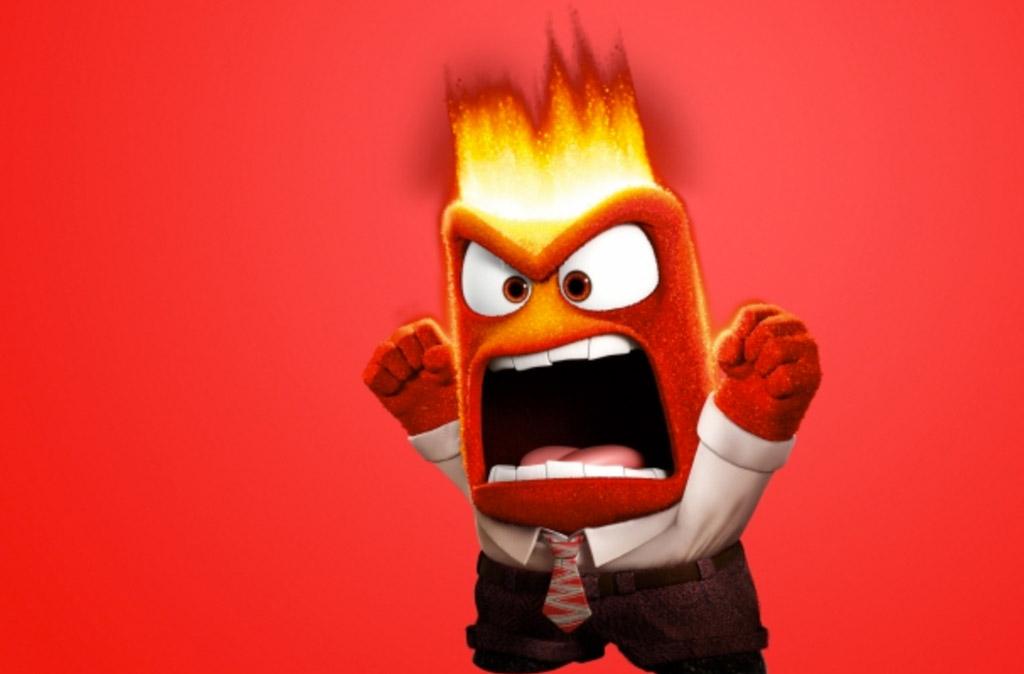During my PhD fieldwork, I was angry. A lot. Looking back, it was probably one of the most common emotions I experienced. I was angry about the injustices I was witnessing and hearing about on a daily basis among my participants, many of whom had been forcibly displaced because of war or political oppression. I was angry about the corruption in the government in the country where I was working. I was angry about the way I was treated by men on the street, with their catcalling and grabbing.
Largely because of my anger, I started seeing a therapist. One of the first things I told her was, “I don’t like being an angry person. I want to feel more positive emotions from now on.”
Looking back, this desire to feel more ‘positive’ emotions was indicative of the emotional hierarchy we so often build in our minds, where we create binary categories of ‘good’ (joy, happiness, contentment) and ‘bad’ (sadness, fear, anger). We emphasise, celebrate, and seek positive feelings; how many magazines, books, and blogs have you seen shouting “10 secrets for happiness!” Meanwhile, we shun and demonise the negative; “I wish I wasn’t so angry all the time” or “Aww, don’t be sad!”
I judged myself for the way I felt, but I also feared being judged. There is a real risk of this, and women and people of colour are particularly prone to judgement when exhibiting anger. We all know the tropes—the angry feminist, the angry black man, the angry eco-warrior. Remember Donald Trump’s mockery of Greta Thunberg for her “anger management problem”?
So where does that leave us, particularly for those of us working/volunteering in sectors rife with systemic injustices that routinely piss us off? Those of us who see climate change or routinely hear stories of it. Those of us who see patients poorly treated because of funding cuts. Those of us who are sexually harassed in field sites or on campuses, perhaps on a daily basis? I love the Pixar movie Inside Out, and Anger is one of my favourite characters. The characters are meant to be extremes—Anger is completely unhinged and flies off the handle at the slightest push. Yet Anger, like all the other emotions, plays a vital role in the development and wellbeing of the girl whose mind he inhabits.


Without perpetuating the categorisation of emotions as ‘good’ or ‘bad’, there is value in acknowledging the usefulness of anger in our everyday lives. In their book The Upside of your Dark Side, authors Todd Kashdan and Robert Biswas-Diener spell some of the ways anger is useful, including:
- Anger alerts us when something is wrong. Our bodies and brains kick into alert-mode when we see injustice at play, or when we see those we love being hurt. Our bodies become primed for action: heartbeat quickens, muscles tense, adrenaline flows.
- Anger motivates us to act. Not only are our bodies primed, but our emotional response can drive us to do something or speak up. Whereas sadness is deflating, anger is catalysing.
Of course, utilising anger in such positive ways requires it to be managed, otherwise there is the risk of us being managed by anger. Like gasoline, it can either fuel us, or become incendiary.
John Riskind, a psychologist specialising in anger, offers some helpful strategies for managing that powerful emotion. He likens levels of anger to speeds on a speedometer—where 90 miles per hour is explosive or violent, but 40 miles per hour is merely ‘ruffled’. When we feel angry, it’s helpful to pause and think about where we might place ourselves on that speedometer. If it’s constantly at 90 miles per hour, that level of anger is unsustainable and can do more harm than good. There are many different ways to ‘slow’ our anger levels to a manageable place.
For me during fieldwork, therapy played a big role in helping me to develop healthy strategies, as did changing my environments. When I knew that being around large crowds triggered my anger, for example, I made sure to create time during the weekends where I just relax on my own.
Ultimately, it’s not about getting rid of anger. We need to reframe the way we think about it as an emotion. Anger is not ‘bad’. It exists alongside a myriad of other emotions on our emotional spectrum, and it, like all the other feelings we encounter, serves an important purpose. It’s what we do with our emotions that counts.
Looking back, I think my anger inspired me to continue my research, to dig deeper and get to the root of systemic injustices that underpin forced migration. It also catalysed me to write some opinion pieces on the state of sexual harassment in field research and on campuses, like on for my university student magazine. I wouldn’t have been nearly as engaged with these uncomfortable issues if it wasn’t for my anger.
Tags
About the author

